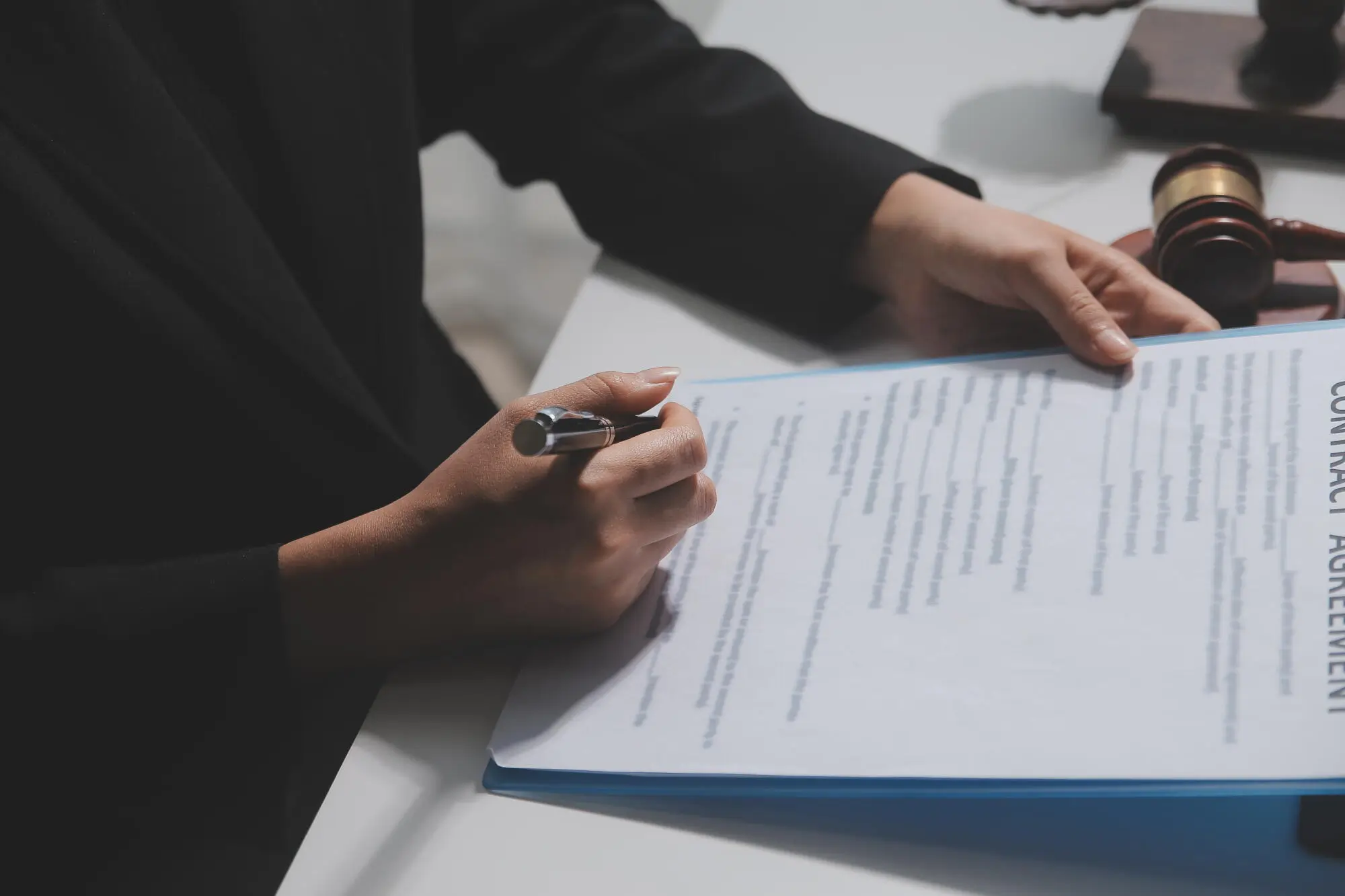Landlord negligence is a term that every property owner and manager must take seriously. In today's rental market, understanding these responsibilities is crucial to maintaining tenant satisfaction and avoiding legal troubles.
According to The Georgetown Journal on Poverty Law & Policy, landlord negligence can lead to serious health consequences for tenants, particularly when hazards such as mold or lead are left unaddressed.
This article explores landlord negligence, its implications, and practical tips to ensure effective property management.
Understanding Landlord Negligence
Landlord negligence refers to a situation where a landlord fails to uphold their responsibilities to ensure a safe and habitable living environment for tenants. This failure can involve neglecting necessary property maintenance, violating safety codes, or ignoring tenant concerns. When landlords neglect their duties, they not only jeopardize their properties but also violate tenant rights.
The Importance of Upholding Landlord Responsibilities
Following rental property maintenance obligations is essential. According to state laws, landlords are required to:
- Ensure the property meets health and safety standards.
- Fix any urgent repairs in a timely manner.
- Maintain common areas such as hallways or yards.
- Address pest control issues promptly.
A failure to adhere to these responsibilities can lead to serious implications, including lawsuits or financial losses. For example, a tenant injured due to a broken staircase can file a negligence claim against the landlord, emphasizing the importance of diligent property management.
Practical Property Management Tips to Prevent Negligence
To avoid landlord negligence and its consequences, property owners should consider the following tips:
- Regular Inspections: Schedule routine inspections to catch maintenance issues early.
- Effective Communication: Maintain open lines of communication with tenants, creating a culture where they feel comfortable reporting issues.
- Document Everything: Keep meticulous records of all repairs, tenant complaints, and communications. Documentation can serve as vital evidence should any disputes arise.
- Stay Informed: Educate yourself about landlord-tenant laws and stay updated on changes in regulations to prevent legal issues.
- Hire Professionals: If necessary, consider hiring a property management service. They can help ensure operations run smoothly and landlord responsibilities are met.
Future Outlook: Legal Implications and Tenant Rights
As the rental landscape continues to evolve, so do the legal obligations of landlords. Increasing tenant rights are reshaping the responsibilities of property owners. One key trend is the growing emphasis on fair housing practices. According to the U.S. Department of Justice, landlords must avoid discrimination to comply with federal Fair Housing laws.
It is crucial for landlords to stay ahead of these changes to ensure compliance and maintain a positive relationship with tenants.
In the future, we can expect greater scrutiny regarding rental property maintenance and tenant rights. Ignoring these responsibilities might lead landlords to face more lawsuits and penalties. Therefore, being proactive in upholding landlord obligations will only become more important.
Take Charge of Your Responsibilities
Landlord negligence can have damaging effects on both property and reputation. By understanding your obligations and implementing solid property management practices, you can foster a positive rental experience for your tenants while also protecting yourself legally. Are you looking for an experienced company with access to expert knowledge through an extensive national franchise?
PMI Santa Cruz is here to help. Contact us today to learn more about our services.


